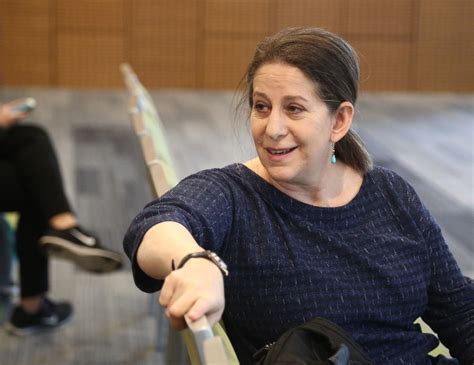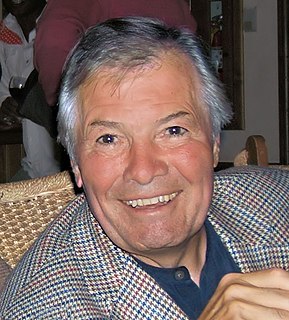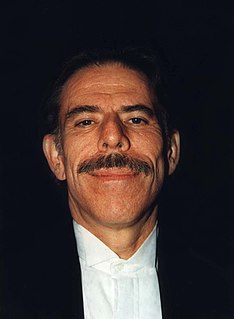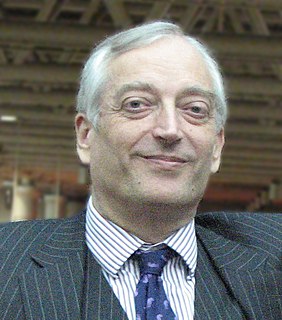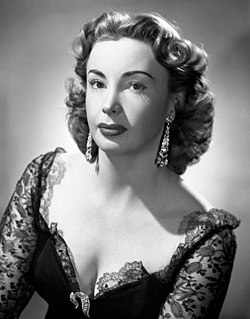A Quote by J. G. Ballard
In 1949 - my father stayed on in Shanghai after the war. But in 1949, the Communists took over the whole of China, and in fact, my father was caught by the Communists in Shanghai. And he was there for about a year until he was finally able to get out.
Related Quotes
While certain coastal cities have become very prosperous, the rest of China has a per capita income of $200 a year. The coast wants to have nothing to do with the interior; it wants to work with Tokyo and New York. This is an old story in China. It is why Mao succeeded in 1927. He wanted [coastal] Shanghai to throw the foreigners out, but Shanghai was doing too well financially [to expel foreigners]. So Mao went to the interior and raised a peasant army. He came back to Shanghai and sealed off the country.
Where have we come as a country, when loving the Constitution, being a patriot, loving Jesus is extremist? Let me tell you what I think is extreme, is a president who was raised by communists, taught by communists, who was supported by communists, and whose self-appointed, self-admitted heroes are communists. And that, I think, is un-American.
When I was at Shanghai SIPG, I had the Brazilian player Hulk, who had joined for over £50 million from Zenit St Petersburg. He had no problems with life in China - his only problem was that he got injured on his debut and was out for two months after that. But I never heard him complain about life in China at all - everything else was good.

